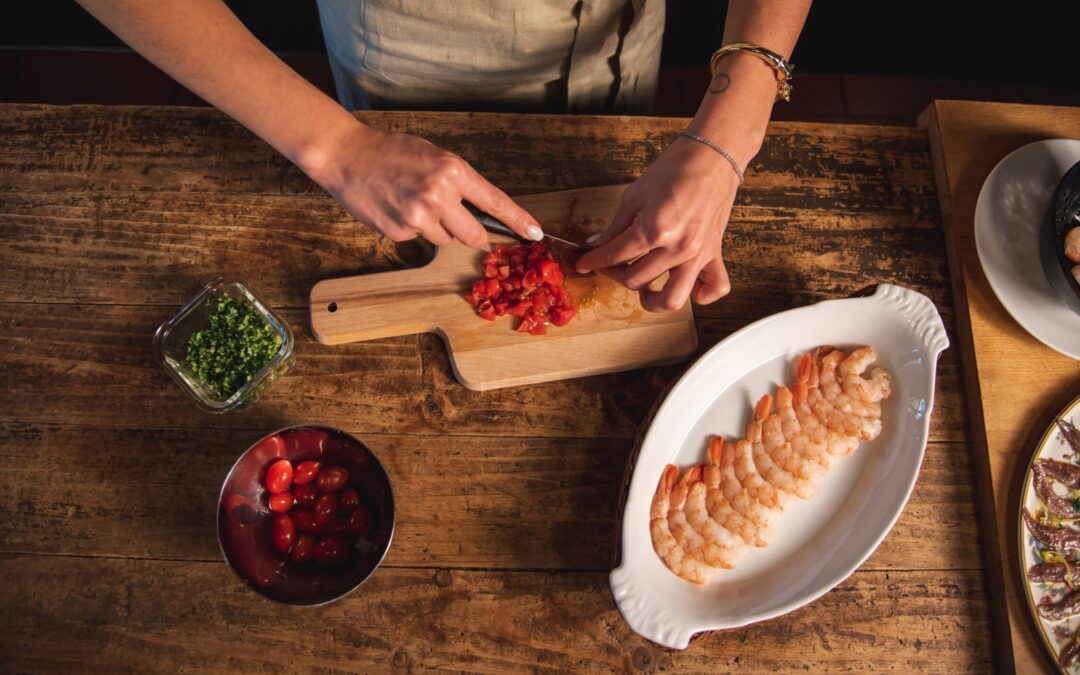According to etiquette, the expression “buon appetito” is not considered appropriate.
Wishing “buon appetito”
Wishing “buon appetito” before eating is not considered impolite but rather excessive. This is because it is believed that the meal should be a moment of personal intimacy and pleasure, so there is no need to encourage or bless the diner. Other expressions such as “buon pranzo” or “buona cena” are not considered alternatives due to their emphasis on food rather than conviviality. Italian etiquette, rooted in history and culture, values discretion and sobriety in gestures and words. Saying “buon appetito” may be considered superfluous or intrusive as it presumes that the meal cannot be enjoyable without verbal auspices. Moreover, it could interrupt the moment of tranquility and conviviality among diners.
Ancient origins
The expression dates back to Ancient Rome. Charlemagne was the first to use it during his banquets in the Holy Roman Empire for his servants, not as an invitation but as a warning: “Seize the opportunity to eat now, because you do not know when another similar one will come.” Another interpretation dates back to the reign of Louis XVI, where court chefs used this expression with guests to encourage them to eat all their prepared food for the banquet.
The best way to start a meal
According to etiquette, in an informal lunch or dinner, the host can start with a small gesture like a toast (without saying “cheers”). In formal occasions, it is expected that the host starts eating and guests follow suit, as in the Royal Family where Queen Elizabeth was expected to start eating.

